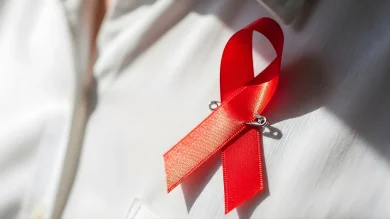
Brussels, November 13, 2025 — The European Centre for Disease Prevention and Control (ECDC) has announced that the 2025/2026 season of respiratory infections is starting in Europe with a noticeable increase in the circulation of respiratory syncytial virus (RSV) in several EU member states. The agency warns that infants, especially those under six months of age, are the group most at risk of hospitalization in the coming weeks.
According to ECDC data, in the 2024/2025 season, half of the detected RSV infections were among children aged 0 to 4 years, and infants aged 0 to 2 months accounted for 27% of admissions to intensive care units, despite their low proportion in the total number of cases. ECDC notes that the start of the season occurs in a context where both flu cases and the transmission of SARS-CoV-2 are simultaneously increasing.
Since 2022, the European Union has authorized two types of interventions to protect infants against RSV: monoclonal antibodies with prolonged action administered directly to newborns and vaccines given during pregnancy to transfer protection through antibodies to the newborn. Currently, 23 countries in the EU/EEA recommend immunization against RSV, but only 16 states offer universal funding programs with monoclonal antibodies for all infants. Three other countries exclusively use maternal vaccination.
ECDC recommends that member states enhance public communication regarding the risks of RSV, improve monitoring of immunization programs, and integrate RSV surveillance into existing respiratory infection monitoring networks. The agency emphasizes that countries building their programs can utilize the experience of states where interventions are already operational.
ECDC will continue to provide guidance on surveillance, evaluation of emerging evidence, and monitoring the effectiveness of immunization programs in EU/EEA states.






